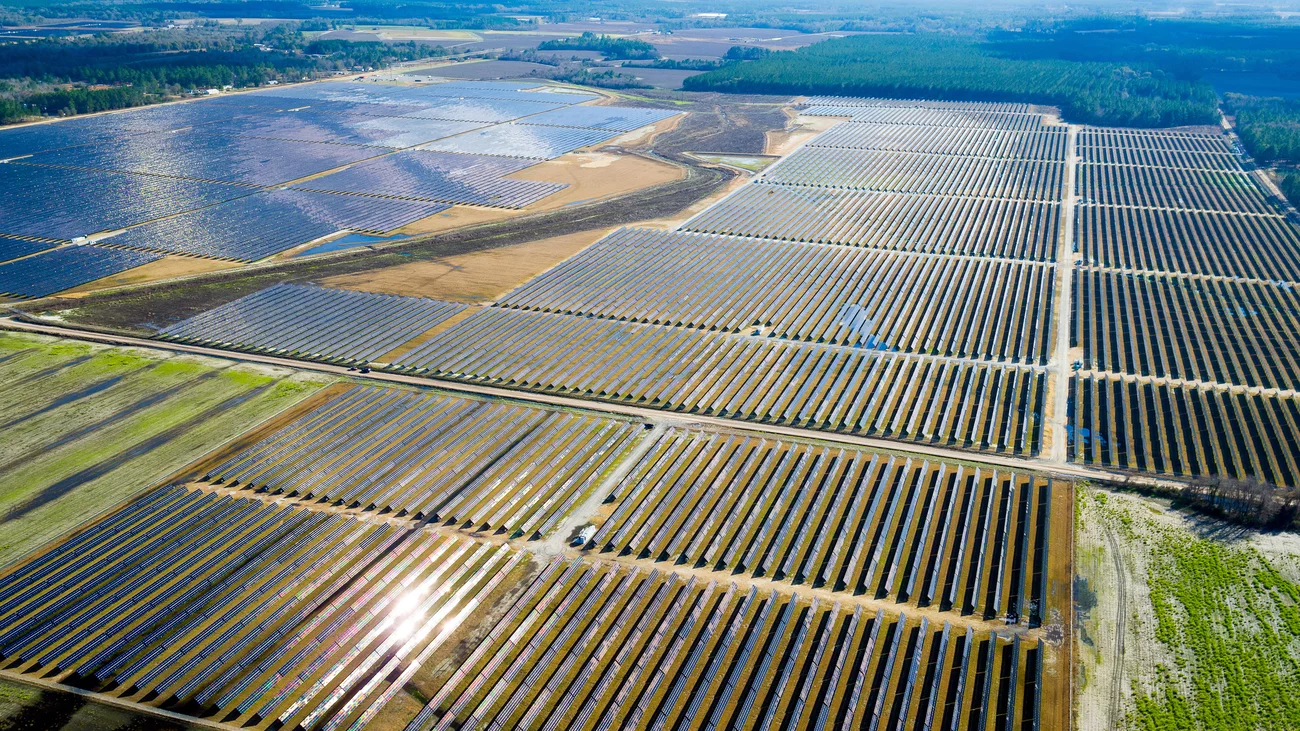
How should we generate electricity?
Last post, we described a simple model of an economy that uses 100 GW of electricity. The economy was assumed to initially be predominantly fossil fuels. We got order of magnitude estimates for various scenarios of how to transition from fossil fuels to either solar / wind or natural gas.
This post directly compares the results from last post. It concludes with my own opinion of which strategy we should pursue.
For this model, I will state numbers for both the 100 GW model economy and numbers for a 500 GW economy – about the size of the US.






